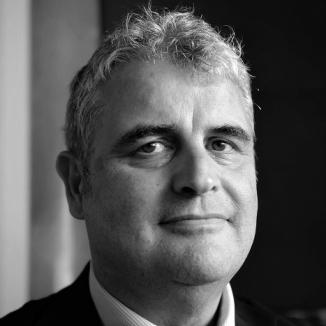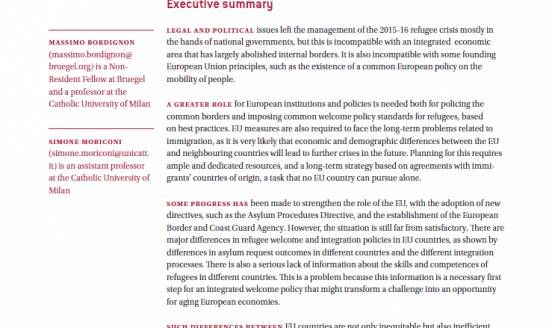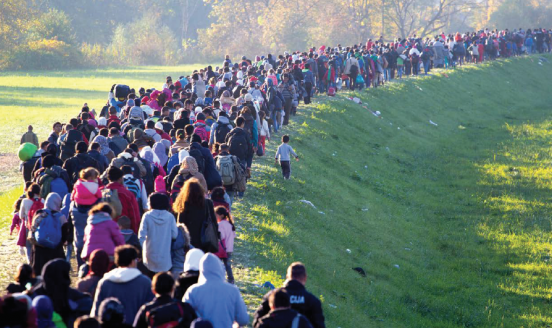
Massimo Bordignon
Former Non Resident fellow,
Massimo Bordignon gained a first degree in Philosophy at the University of Florence; he then moved to the UK to complete post graduate studies in Economics (MA, Essex; PhD, Warwick). His research interests are mainly concentrated on Welfare Economics, Public Economics and Political Economics.
The author of four books, he has published extensively in many national and international scientific journals, and is associated editor of the Journal of Economics and Finanzarchiv. He is also a columnist for Il sole24 ore and co-founder and member of the editorial board of www.lavoce.info.
He taught at Birmingham University, Università di Bergamo, Brescia, and Venezia and lectured in Doctoral and Master courses at Uppsala University, Munich University and the College of Europe. He is currently full professor of Public Economics at the Catholic University of Milan, where he is also the Director of the Department of Economics and Finance, after having directed the Graduate School in Economics and Finance of Public Administration for several years.
He acted as President of the Italian Society of Public Economists and he is currently a member of the managing board of the International Institute of Public Finance and of the Scientific Advisory Board of IFO-Munich.
He worked as a consultant for several regional, national and international institutions, in particular the Fiscal Affairs Department of the International Monetary Fund and acted as a member of several technical commissions within the Italian Government, in particular within the Italian Treasury.
He is currently a member of the scientific committees of Ifel-Anci, Confindustria, and of the Committee on Public Expenditure of the Autonomous Province of Trento.
Featured work

The case for a common European refugee policy
This Policy Contribution discusses the needs for a European migration policy, and considers where more policy coordination is actually needed.

Improving the Responses to the Migration and Refugee Crisis in Europe
What must be done to over- come the intra-European conflict and achieve a bal- ance that produces common ground allowing for a po- litical and social
Italian institutional reforms: will this time be different?
The government of Matteo Renzi wants to reform the law for electing the national parliament. It also wants to change the role of the upper house, the
Constitutional and electoral reforms in Italy: will this time be different?
The electoral rules in Italy are changing. But will a system that works well at municipal level work on the national one? And what about checks and ba